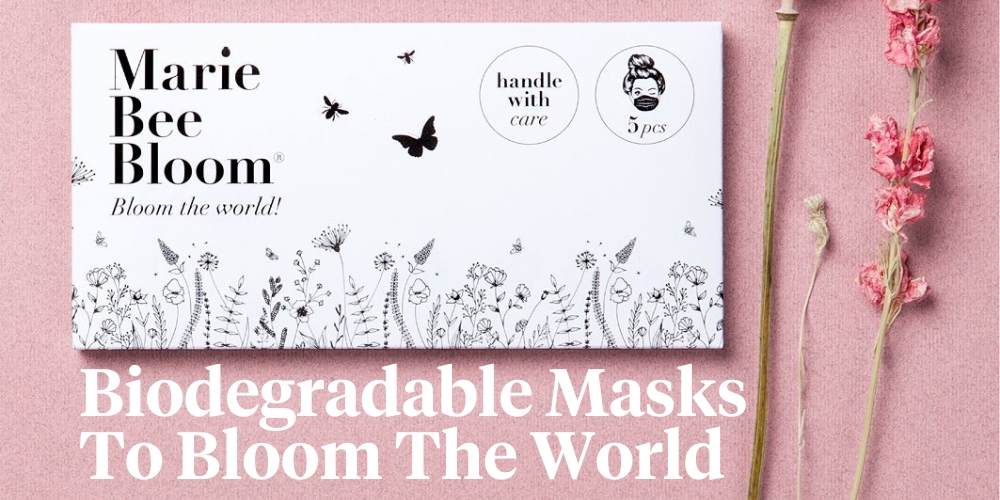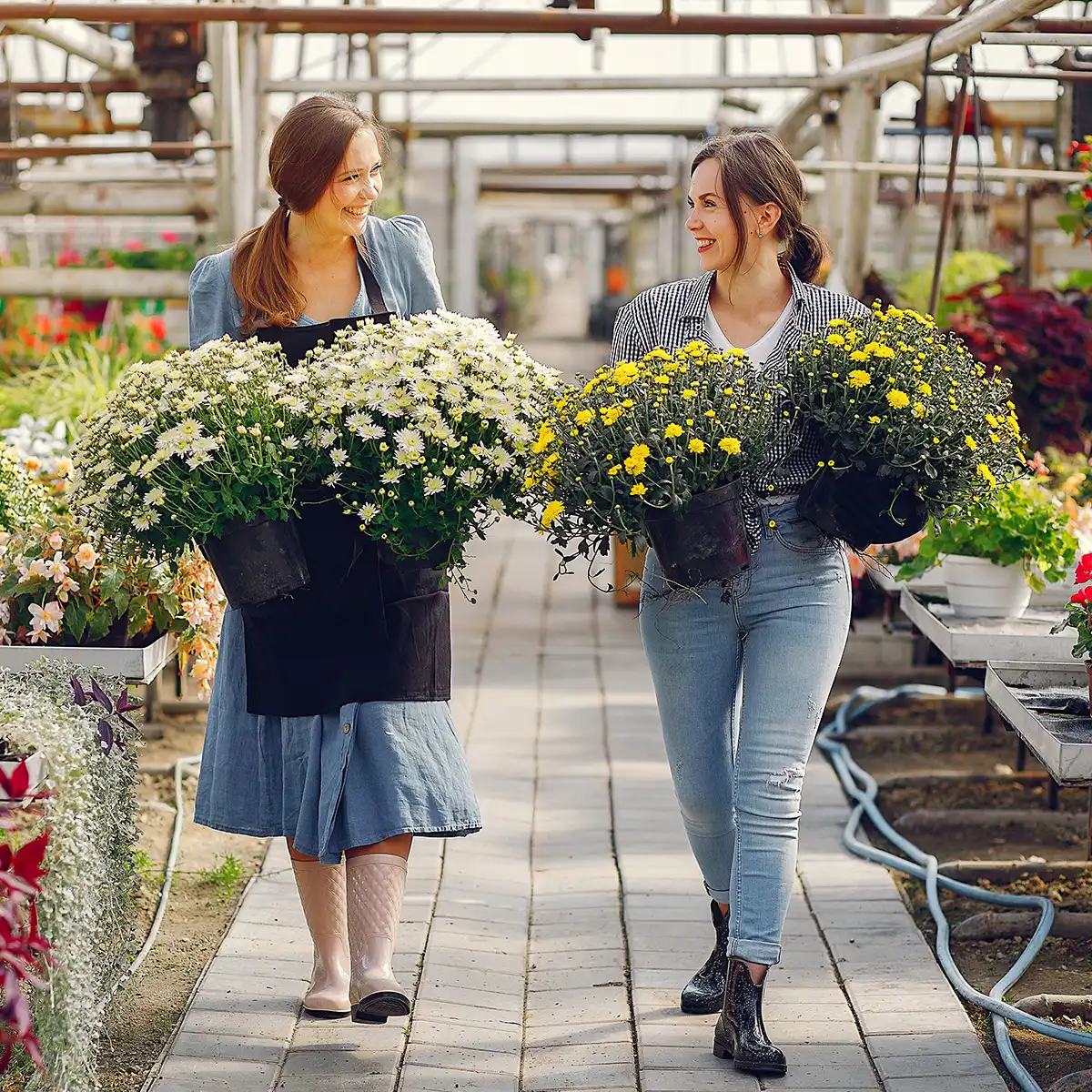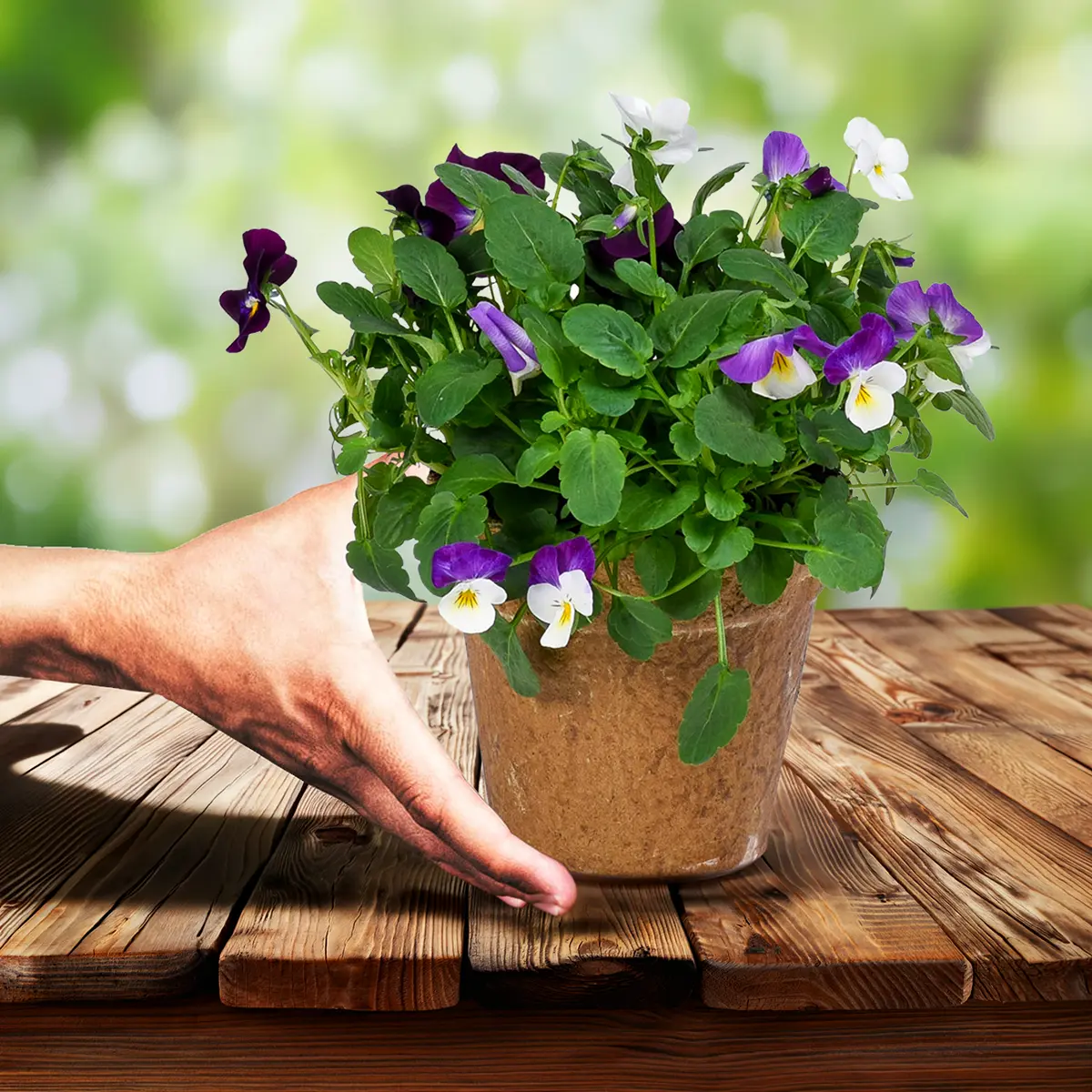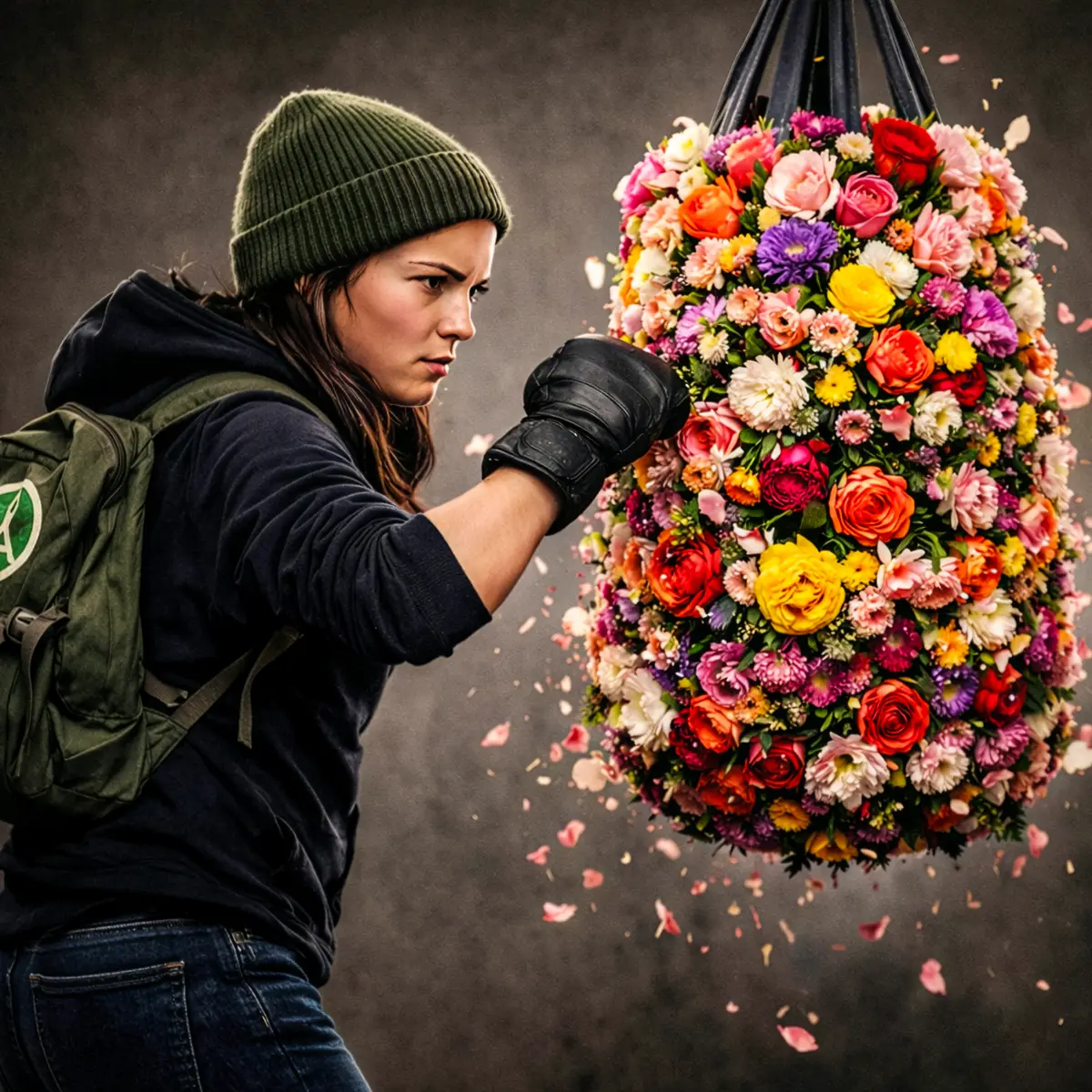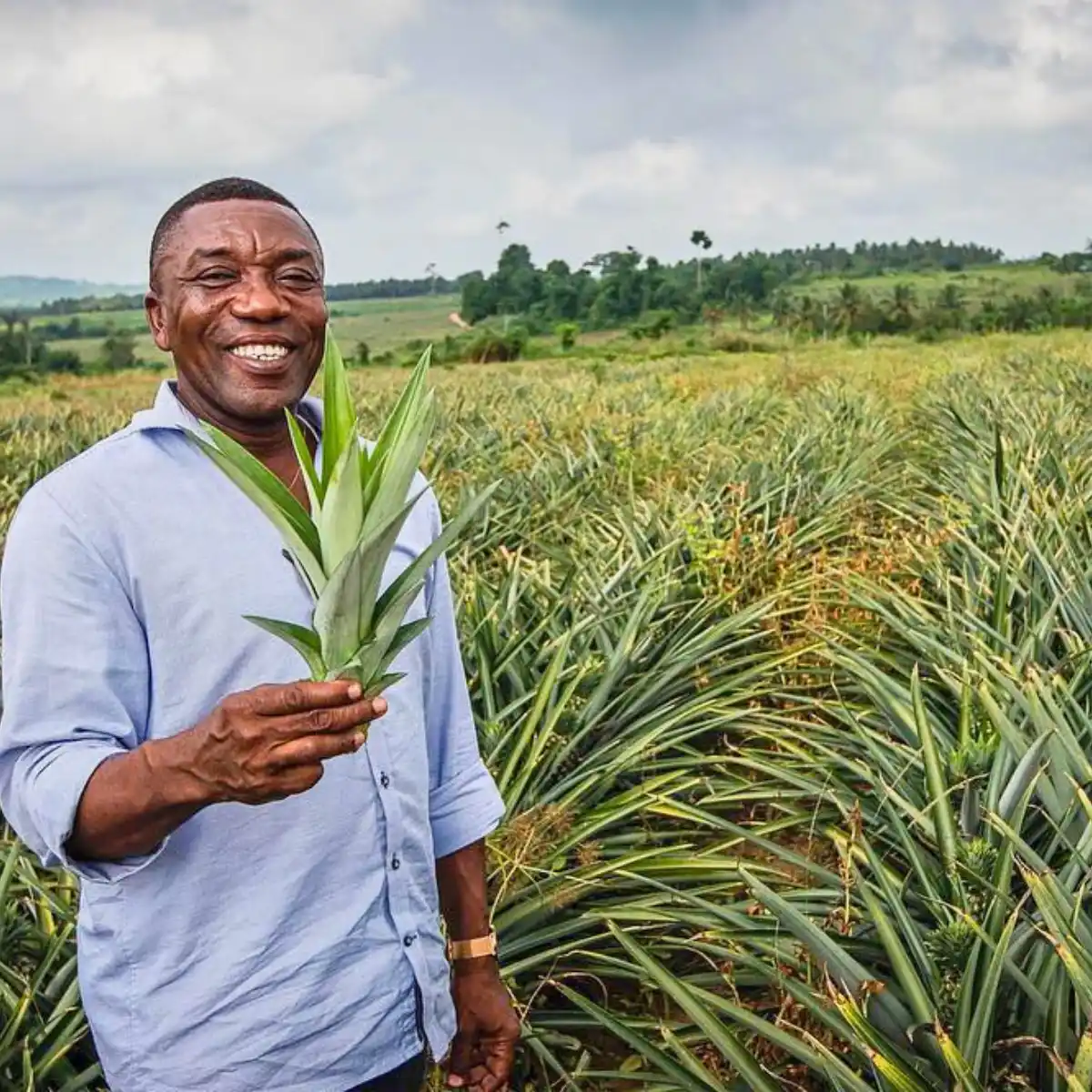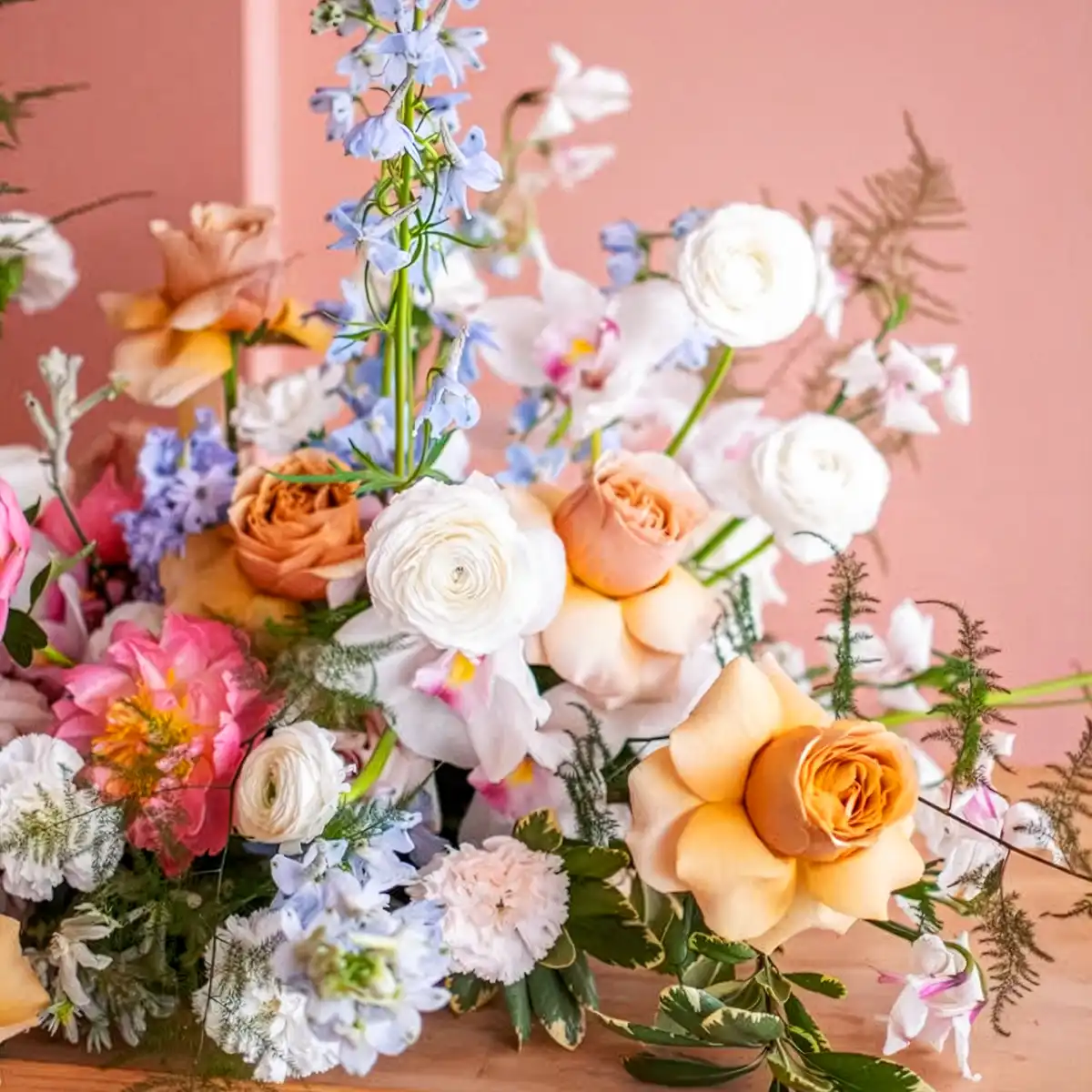Flower seeds are embedded into single-use masks and the result is completely wild. With a sustainable and more innovative idea behind just using a single mask that doesn't do anything good for the environment or your health, Maria Bee Bloom designed the perfect mask match.
Marie Bee Bloom
In an effort to reduce plastic pollution and give back to nature, Dutch company Marie Bee Bloom has infused flower seeds in single-use rice paper masks with designs ranging from daisies to baby's breath.
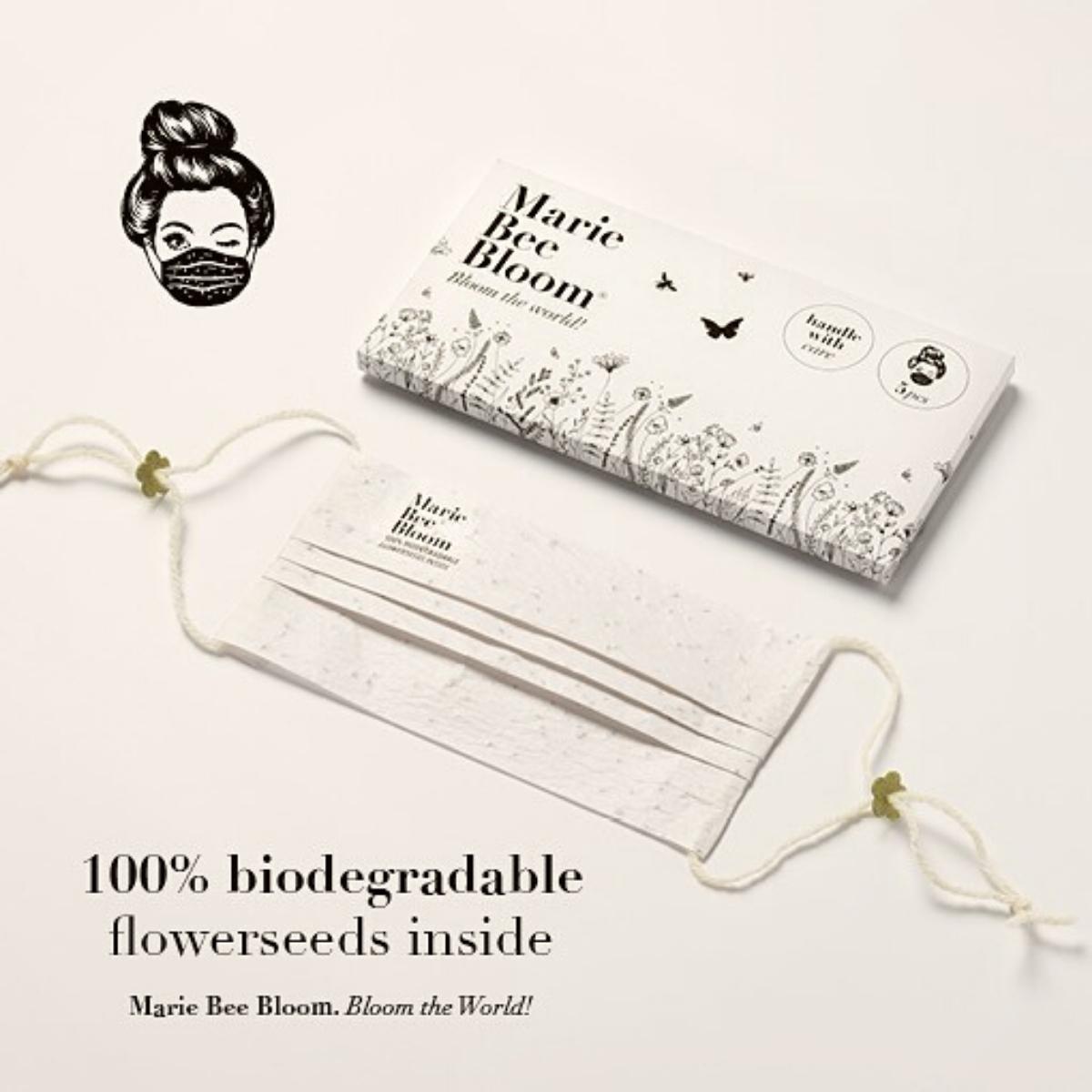
The seeds begin to sprout in about three days after being sown in soil and given water, and they will eventually develop into a little patch of wildflowers.
Fabricated in the Netherlands
These innovative and attention-catching masks are nowadays fabricated in the Netherlands and surprisingly have obtained a very good performance and overall result. Although COVID-19 measures have already been removed in the majority of countries worldwide, there are still people that love protecting their loved ones and feel the need to wear a mask.

The added value in this mask is incredible because not only would you be wearing something with a good initiative of helping the planet not dispose of millions of useless masks, but you would in return be able to plant your own little flower seeds. The benefit of Marie Bee Bloom's biodegradable face masks is the mask itself will biodegrade whether placed in a garden or a landfill.
What Makes the Face Mask Biodegradable?
The device was developed as a replacement for throwaway personal protective equipment (PPE) made of plastic, which can take up to 450 years to biodegrade and becomes microplastics that are eventually consumed by fish, other marine life, and humans.
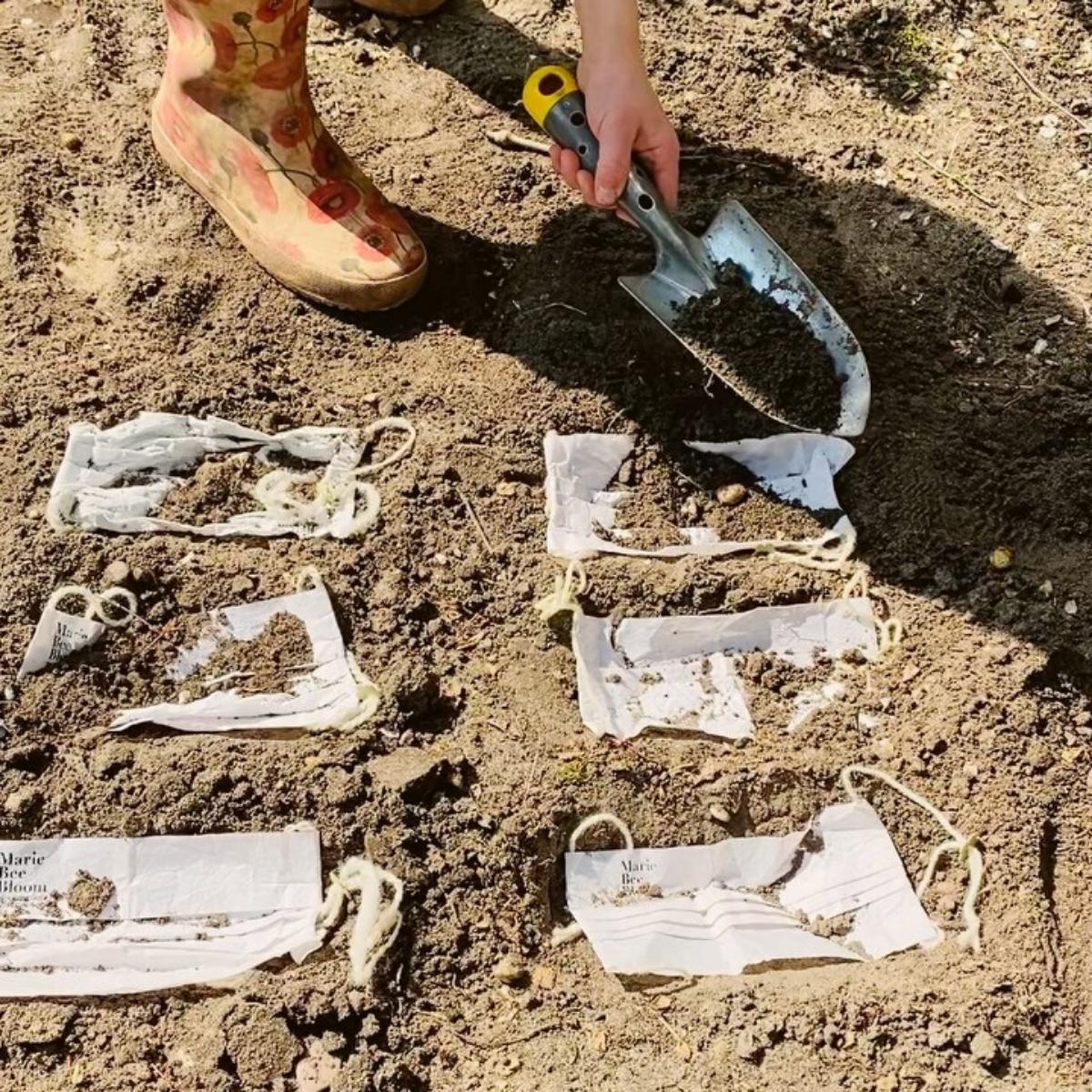
By planting flowers adored by bees and other pollinators, Marianne de Groot-Pons, the founder of Marie Bee Bloom intends to actively restore the natural environment rather than only reducing this pollution.
Blooming the World Together Through a Good Cause
According to Marianne de Groot-Pons, Marie Bee Bloom is about 'blooming the globe,' thus the idea is truly to plant the mask. Of course, it breaks down, but she doesn't want to promote discarding the masks. Seven different varieties of Dutch wildflowers, including daisies, petunias, cornflowers, and delicate baby's breath, are included in the seed mix.
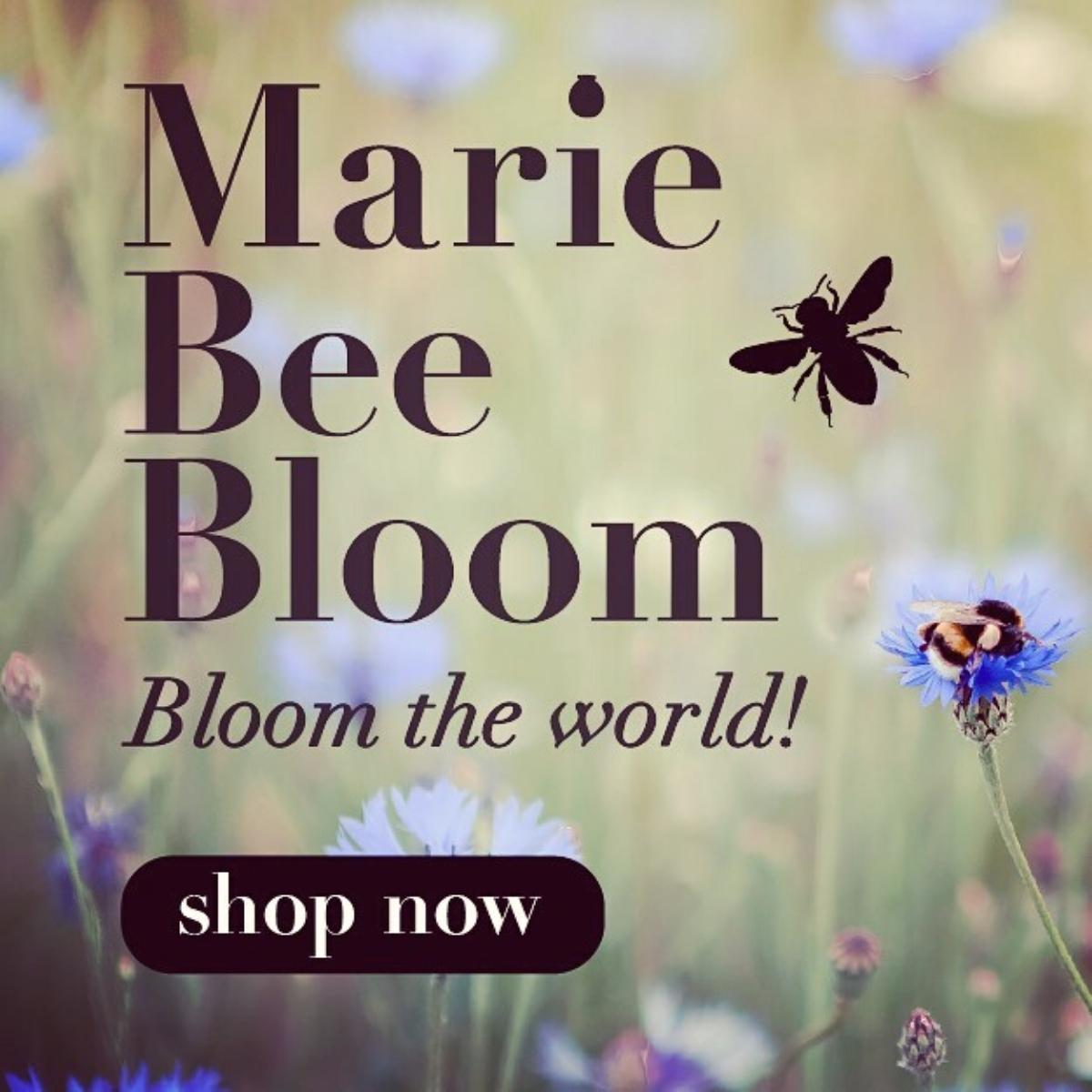
Rice Paper for the Win
Growth paper, a paper that contains seeds but is frequently thick and used for cards or invitations, was something the founder was previously familiar with. She discovered rice paper to be the thin variation she was seeking, which could be easily folded and transported.
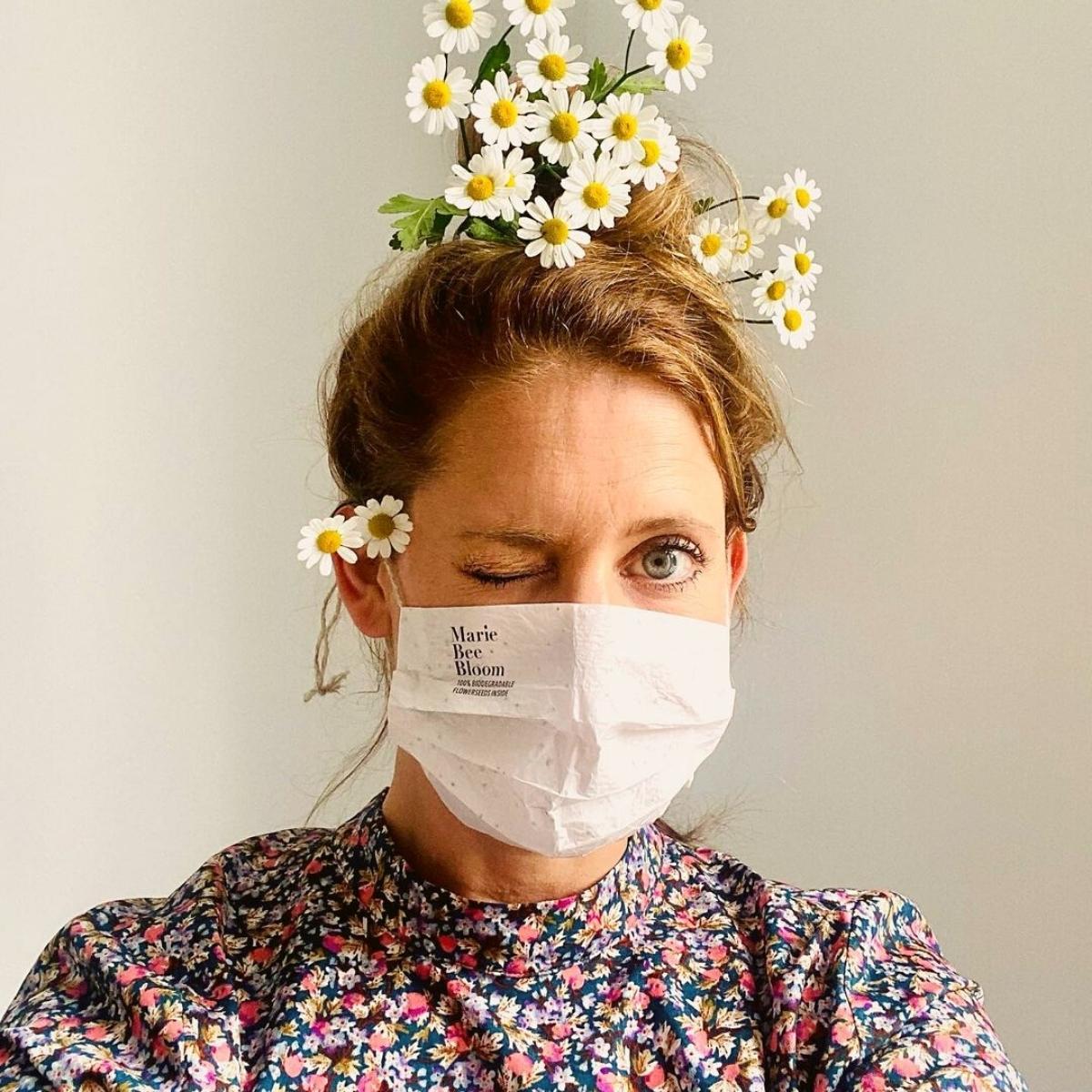
De Groot-Pons asserts that the seeded paper provides comparable protection to other handmade masks. As an extra detail, the biodegradable ink used to print the outer logo contains no dangerous chemicals, and the ear loops are created from spun sheep's wool.
Only Available in Europe
De Groot-Pons wants to grow the brand internationally by offering seeds that are suitable for and advantageous to the diverse regional ecologies. She added that the Marie Bee Bloom masks could only be shipped to Europe because of the seeds she was currently using. Throughout the year, the innovative mind has been examining ways to establish local farming operations utilizing native seeds in various nations and continents.
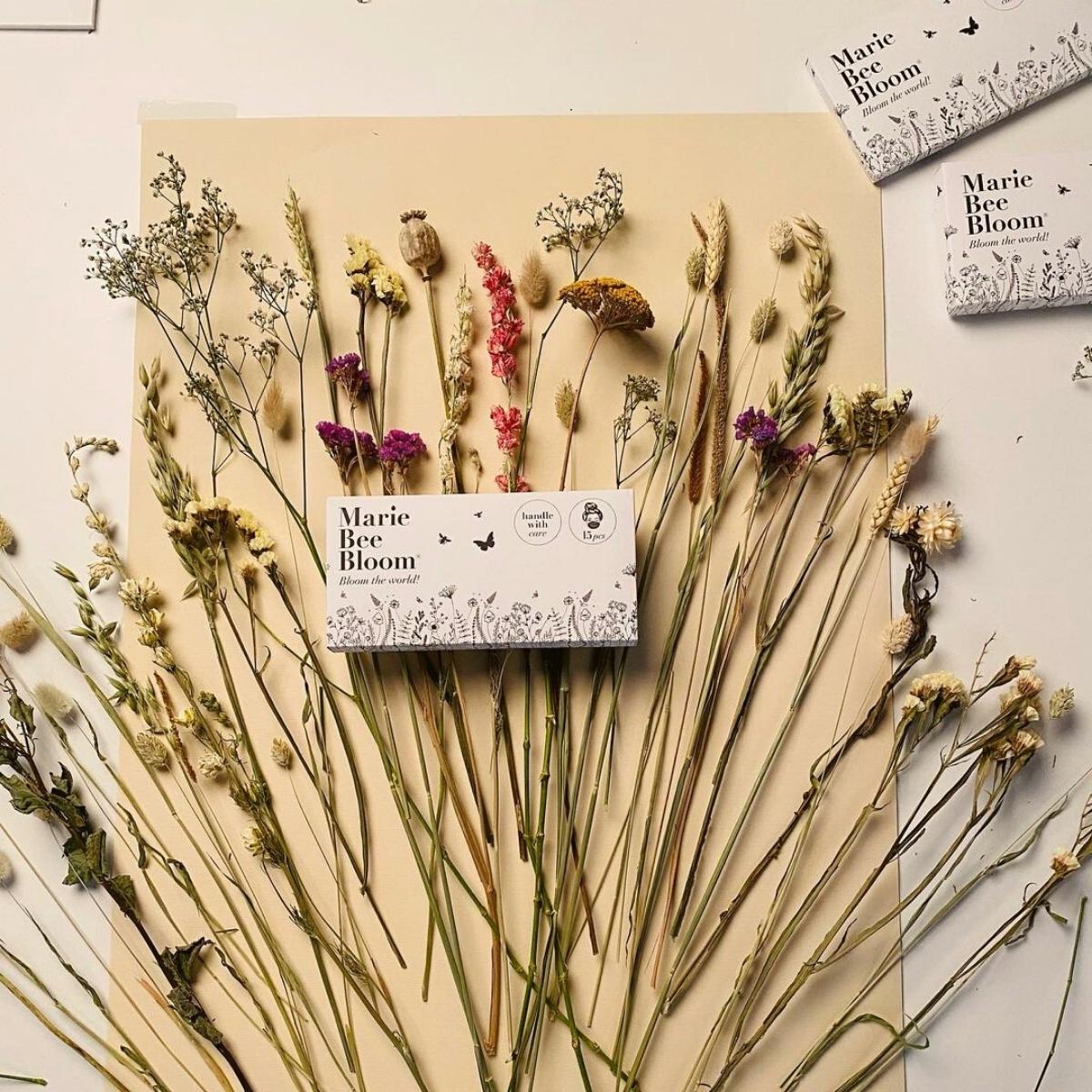
Behind the Brand
The brand was developed by De Groot-Pons in reaction to the increase in single-use plastic pollution brought on by the coronavirus pandemic, which is expected to result in the usage of 129 billion face masks worldwide each month.
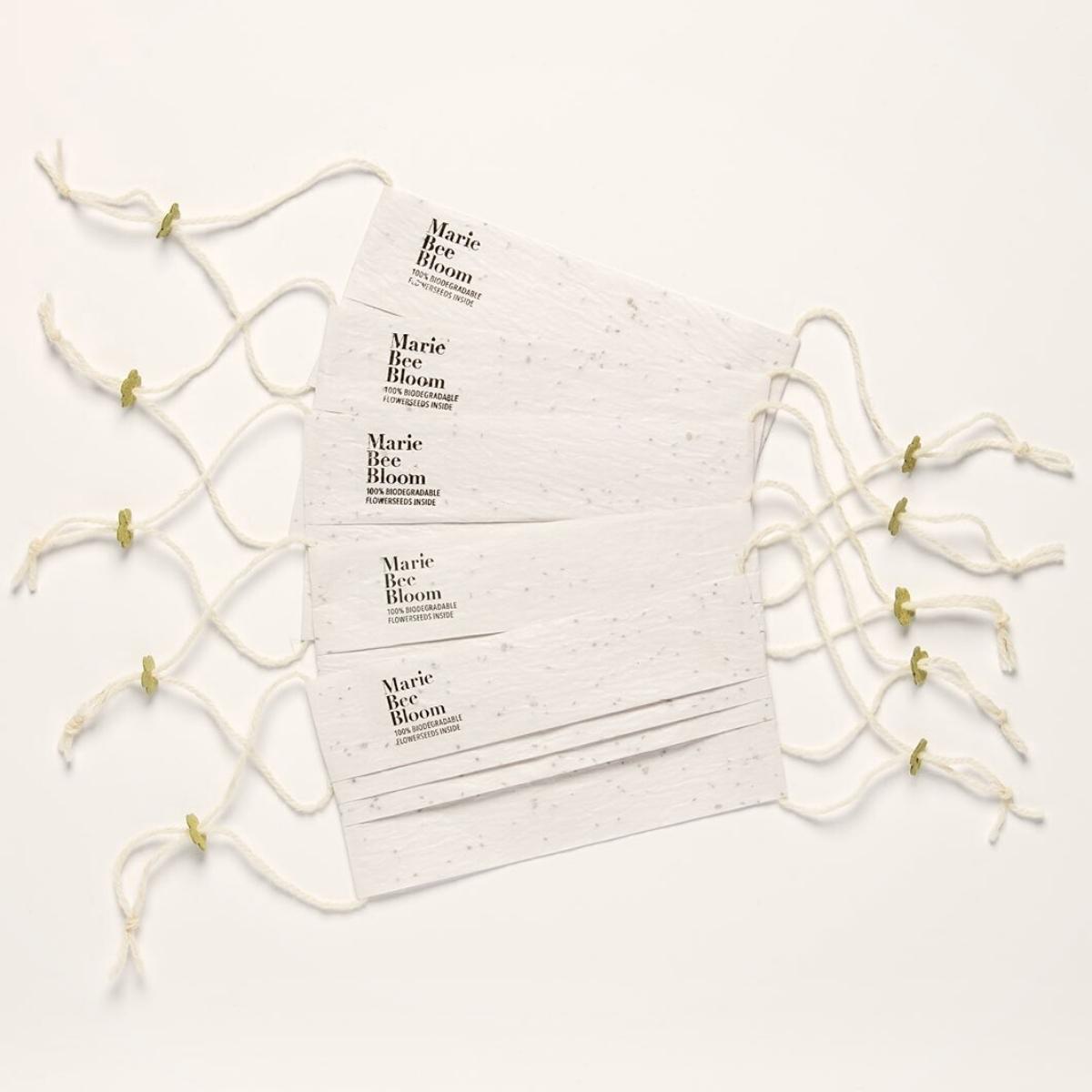
As a graphic designer for almost ten years and employee of the multinational consumer goods company Unilever, which produces 70,000 tons of plastic pollution annually—enough to cover more than 11 football fields every day—she also intends to counteract her own personal contribution to the problem.
If you're in the Netherlands, giving these biodegradable masks a try should be loads of fun! Plus, you get the chance of planting your own little wildflower. For more information on where to get the masks, click here.

